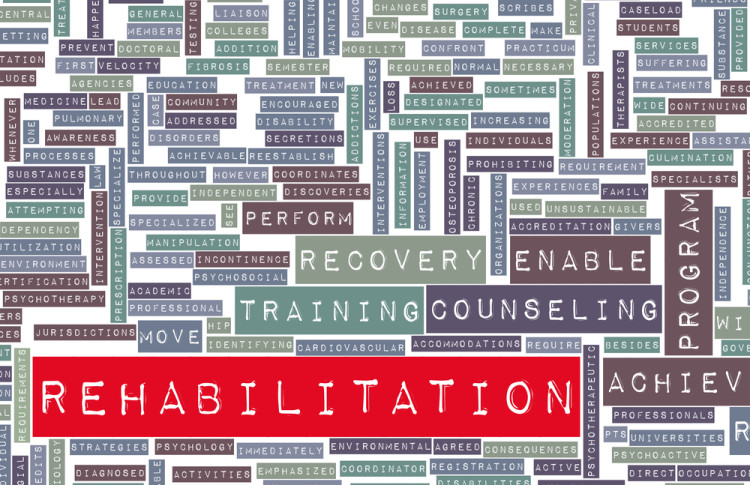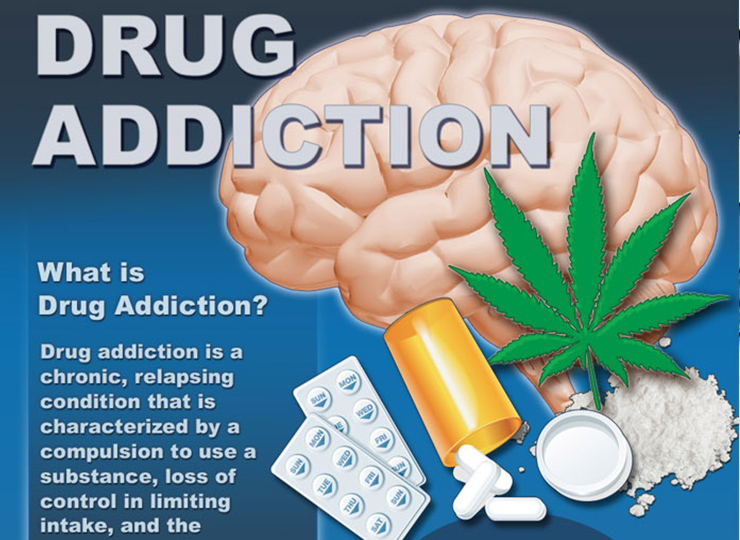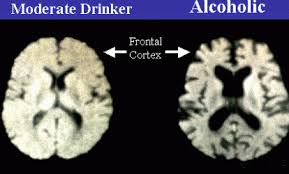Addiction recovery preparedness

Addiction recovery preparedness is essential for all patients seeking treatment
Addiction recovery preparedness: Childhood addiction
With drug addiction, there is no limit in age. Everybody is vulnerable including children in the womb. And because children learn mostly by observation, laying the foundation for dealing with drug addiction must be a continuous process. In other words, addiction recovery preparedness must never be limited to certain age group. We must be there for our children to give direction. This way we will be impacting positively to them while protecting them from alcohol and drug addiction. You must appreciate that you have more influence over your kids’ attitudes and decisions about alcohol and drugs before they start using than you will ever have afterward.
From the experts’ position at AWAREmed Health and Wellness Resource Center, doctor Akoury advice that you should start early! Remember that children go through many different stages as they grow up and what’s appropriate to tell an 18-year-old and a 9-year-old about alcohol and drugs can vary quite a bit. Yet, it’s never too early to begin the conversation. Professionally it has been established that the more informed children are, the more these issues can be discussed soberly and effectively. Here are some basic guidelines for parents to assist you:
Listen before you talk to encourage and build on the conversation – it is true that as parents we often want to have “all the answers.” And, sometimes we are so anxious to share our wisdom or our opinion that we don’t take the time to listen. For kids, knowing that we are really listening is the most important thing we can do to help.
When talking to your child, ask open-ended questions – Talk to your child regularly – about their feelings, their friends, their activities – and listen to what they have to say. As much as you can, and sometimes it’s not easy, try to avoid questions that have a simple “yes” or “no” answer.
Be involved – Be involved in your child’s everyday world. Get to know your child’s friends and continue to educate your child about the importance of maintaining good health psychologically, emotionally and physically.
Set expectations limits and consequences – Make it clear that you do not want your child drinking alcohol or using drugs and that you trust them not to. Talk about possible consequences of drug and alcohol use, both legal and medical, and be clear about what you will do if the rules are broken.
Be honest and open – Care about what your child is going through as they face and make decisions that will affect their lives now and for the future.
Addiction recovery preparedness: Be positive
Many parents have discovered that talking about alcohol and drugs with their children has built bridges rather than walls between them and have proudly watched those children learn to make healthy, mature decisions on their own. Research have clearly documented that addiction to alcohol and other drugs is a chronic, progressive disease that can be linked to family history and genetics. It, therefore, means that if your family has alcohol or drugs history it will be better you seek help from the experts at AWAREmed Health and Wellness Resource Center for further direction on how to bring up your children under these circumstances.
Addiction recovery preparedness: Childhood addiction









